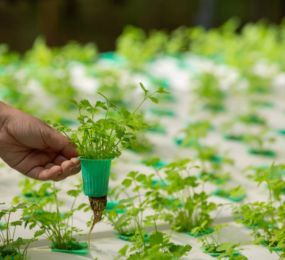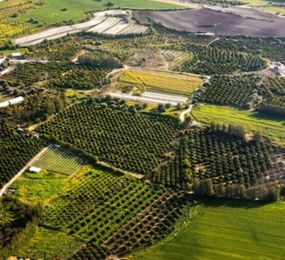The success of AgriVoltaics, the integration of solar energy and agriculture, hinges not only on technical innovation but also on robust community and stakeholder engagement. Establishing trust, collaboration, and transparency is crucial for ensuring the long-term success of these projects and maximizing their positive impact on communities and the environment.
Here's why community and stakeholder engagement are essential for AgriVoltaics:
1. Building Trust and Acceptance: Engaging communities and stakeholders early and throughout the project lifecycle fosters understanding and trust. Open communication about potential benefits, concerns, and mitigation strategies addresses community anxieties and builds a foundation for collaboration.
2. Identifying Local Needs and Concerns: Engaging stakeholders allows for early identification of local needs and concerns, such as potential land-use conflicts, impact on agricultural practices, and visual aesthetics. Addressing these concerns proactively demonstrates respect for local communities and helps tailor projects to their specific context.
3. Maximizing Local Benefits: Community engagement facilitates the identification and creation of shared benefits for local communities. This could include job creation, training programs, partnerships with local businesses, or community energy ownership models, ensuring that the project contributes to local economic and social development.
4. Mitigating Environmental Impacts: Engaging stakeholders in environmental impact assessments and monitoring processes allows for early detection and mitigation of potential environmental impacts, addressing concerns about soil health, water usage, and biodiversity.
5. Ensuring Long-Term Sustainability: Collaborative decision-making and ongoing communication throughout the project lifecycle contribute to the long-term sustainability of AgriVoltaics projects. By involving stakeholders in the planning, implementation, and monitoring phases, a sense of ownership and responsibility is fostered, ensuring the project's continued success and positive impact.
Effective community and stakeholder engagement in AgriVoltaics requires:
-
Transparency and open communication: Regularly share information about the project, address concerns openly, and provide accessible channels for feedback.
-
Inclusive participation: Ensure diverse voices are heard and represented in decision-making processes.
-
Cultural sensitivity: Respect local customs and traditions, and adapt communication strategies accordingly.
-
Long-term commitment: Maintain communication and collaboration beyond project completion to address ongoing concerns and maximize benefits.
By prioritizing community and stakeholder engagement, AgriVoltaics can become a truly transformative force, not only for sustainable energy generation and food production but also for building strong, resilient communities and fostering a more sustainable future.
To register or learn more about the Forum please check here:https://bit.ly/41cUdvr.
For more information and group participation, contact us: [email protected]
















